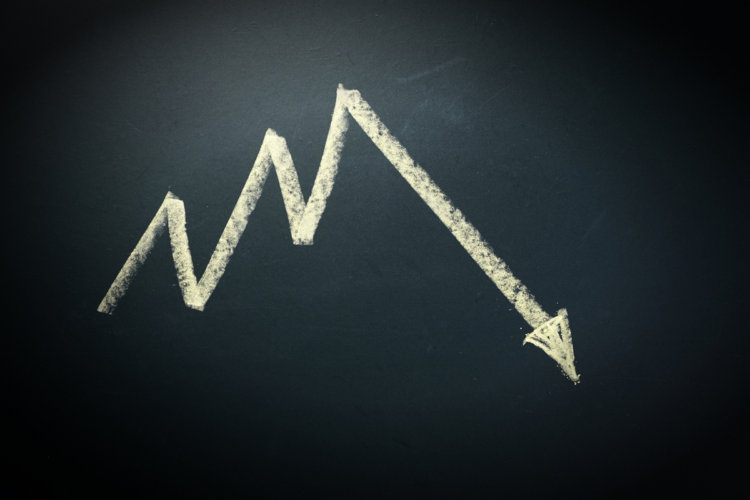Germany – AfD ratings fall
Published: (Updated: ) by .

The latest results of a study conducted by the Insa Institute on behalf of the Bild newspaper showed a decline in the electoral potential of the right-wing populist party Alternative for Germany (AfD). If previously up to 8% of respondents admitted the possibility of supporting AfD in the elections, now only 6% of such survey participants. Taking into account the recalculation, this figure means a reduction in the maximum possible result of AfD from 30% to 27.5%. According to the newspaper’s estimates, this is the most noticeable change among all parties, given the dynamics of previous weeks.
Intra-party discussions on economic and migration issues, as well as numerous scandals surrounding individual AfD members, have had a negative impact on the rating of party co-chair Alice Weidel. According to the same Insa data, Weidel has dropped from 11th to 13th place in the list of the most popular politicians. Her fellow leader, Tino Hrupalla, is at the bottom of the rating and retains the last place.
Interestingly, according to a number of German media outlets, such a sharp drop in Weidel’s popularity may be due to criticism of her harsh anti-immigration rhetoric, which is alienating moderate voters. At the same time, part of the AfD electorate continues to support the party’s course, helping to maintain a fairly high overall level of support, although lower than a month ago.
“Electoral carousel”
Against the backdrop of the declining potential of the AfD, the CDU/CSU bloc still has room to increase its support. According to Insa, up to 17% of respondents could potentially vote for the CDU or CSU. It is noteworthy that some of these voters are also leaning towards the AfD. Thus, according to the survey results, the potential “flow” from the CDU/CSU to the AfD is about 3%.
Experts interviewed by Tagesschau.de suggest that the Alliance leaders will try to retain their voters by shifting towards more conservative rhetoric, especially in the areas of migration and internal security. However, this increases the need for constant maneuvering between the interests of the moderate wing and the hardliners.
Who holds second place in the race?
According to the “Sonntagstrend” prepared by Insa for Bild am Sonntag, the CDU/CSU party rankings have dropped below 30%, to 29%. This is 1 percentage point less than the week before. However, the Union continues to top the list, and the AfD, despite a decline (-1%), is in second place with 21%.
The study involved 2,008 respondents and the possible statistical error is approximately +/- 2.5 percentage points. Thus, taking into account the error, the levels of support for the main parties may partially overlap. Nevertheless, the trend suggests that the AfD is not only lagging behind the CDU/CSU, but is also losing its previous growth momentum.
How long will the “turbulence” last?
The German press is increasingly suggesting that the decline in AfD popularity may be just a temporary “zigzag” ahead of regional elections. Thus, FAZ points out that the AfD electorate is subject to fluctuations: some voters join the protest vote, while others leave at the sight of any signs of intra-party instability.
The Süddeutsche Zeitung also reports that Alice Weidel has a growing number of opponents within the AfD who are unhappy with her attempts to give the party a more “presentable” image. This internal party struggle, according to SZ journalists, could temporarily scare off loyal supporters who “see no alternative to the old hard line.”
Remaining questions and forecasts
- Will the CDU/CSU become stronger?
The potential expansion of the Union’s electorate depends on whether the leadership can effectively communicate its political priorities.
- Will the AfD be able to regain its former position?
Despite the losses, Alternative still holds 21% in Sonntagstrend. The party’s critics believe that polarization can work against it as well as for it.
- How will internal competition in the AfD affect Weidel’s ratings?
The trend in recent weeks suggests that Weidel’s loss of position could continue if intra-party differences do not subside.
Thus, according to the opinion of journalists from Bild and Bild am Sonntag, the Alternative for Germany has serious work to do to restore its image in order to win back potential voters.
Comments